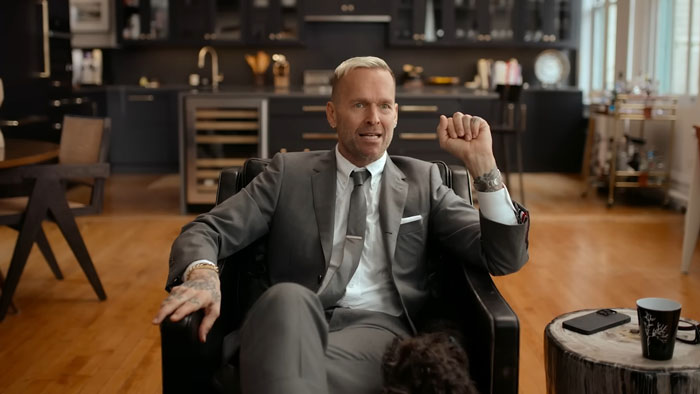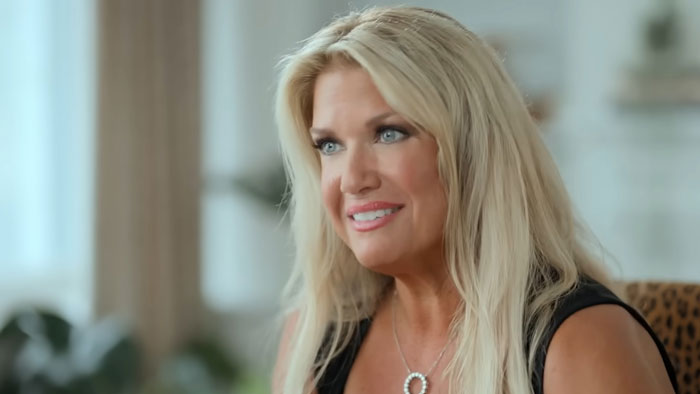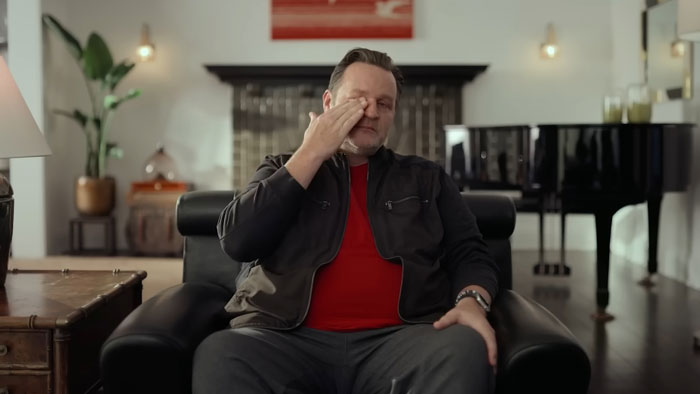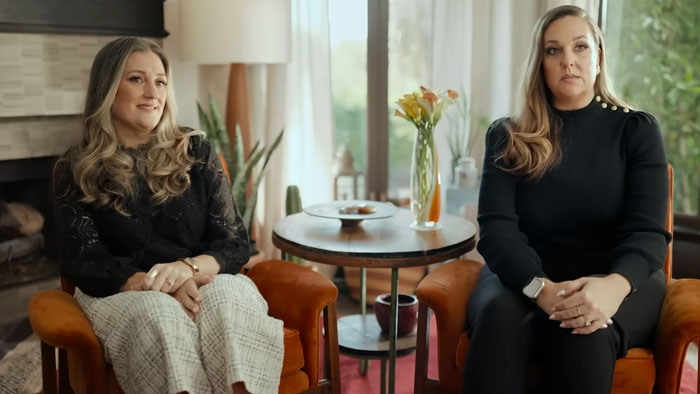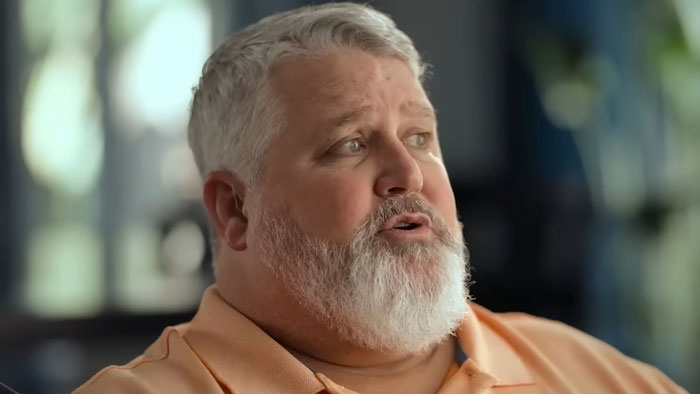The decade-long multi-series TV sensation, The Biggest Loser, is drawing attention again—on Netflix, and not because it has rebooted.
The program ran on NBC from 2004 and enjoyed a loyal viewership, so much so that different versions sprang up in countries like Australia and South Africa.
However, its numbers started tanking and it cast its final season in 2016. In 2020, it transferred to the USA Network but was cancelled after only one season.
- Season 1 winner Ryan Benson says he starved himself for 10 days and now suffers from PTSD.
- Contestants reported burning 6,000–8,000 calories a day while eating as little as 800.
- Experts say the show “reflected and perpetuated” harmful weight-loss messages.
It is now being exposed for doing more damage than good by prioritizing entertainment over health in the new documentary, Fit for TV: The Reality of the Biggest Loser, which premiered on August 15.
The first season’s winner, Ryan Benson, confirmed that the show sidelined health in favor of entertainment value
Image credits: NBC/Getty
The documentary explains how contestants were divided into teams, which planned exercise regimes and diets with trainers.
They would then participate in competitive activities like physical exercises and “willpower tests” that required them to avoid the “temptations” of “high-calorie food or drinks.”
The goal of these challenges was for contenders to lose as much weight as possible. At the show’s end, the person who lost the largest percentage would be crowned the winner.
Image credits: NBC/Getty
But according to Ryan Benson, who emerged victorious in Season 1, it got to the point where it was more about the competition than his health.
He still suffers from “PTSD” more than a decade after the show
He admitted to doing “super dangerous things” leading up to the final episode.
“This was the first reality show where people make a physical change. That weight that we were losing was real. You can’t fake that,” he said.
Image credits: Fit for TV / Netflix
But then, as the finish line drew near, all his focus shifted to winning—so much so that he now suffers from “PTSD.”
“The final episode was a live episode,’ Ryan said, reliving the moment. “We are here live in Hollywood.”
“They were doing it in the same studio where they filmed American Idol. During the final weigh-in, it’s just so nerve wracking.”
The winner of Season 1 says he did not “put food in his body” for ten days
Image credits: Fit for TV / Netflix
“It worked out great, because I won, but I was doing what most doctors would say were super unhealthy things,” Benson admitted.
“The last 10 days, I didn’t put any food in my body. I was doing the master cleanse – drinking lemon juice and maple syrup and cayenne pepper – all these tricks that are super unhealthy, just to cut weight.”
He suggested that the show’s medicos were not completely oblivious to the strain the competition had placed on his body, saying:
So I started watching it today….
A documentary taking me back to a time when I was on a show that completely changed…Posted by Amy Chambers on Friday, August 15, 2025
“At the final weigh-in, we had to do a urine test. They said, ‘Ryan, there’s blood in your urine, which obviously means you’re so dehydrated’,” Benson recalled.
Another contestant lost 24lbs in the first week
Other contestants interviewed in the series included Joelle from Gwynn from the 2009 installment. She claimed that they were expected to shed 6,000 calories daily.
Danny Cahill, who walked away with a $250,000 prize at the end of Season 8, claims he dropped 239 pounds in around six months, 24 of which disappeared in the first week.
Image credits: Fit for TV / Netflix
“And I started lowering my calories at that point. I was eating 800 calories and burning 6,000 to 8,000 a day. When I lowered the calories, I lost more. I got on the scale, and I lost 15lb that week. As it went on, I was like, ‘need to stay here’,” he remembered thinking.
But according to Dr. Rebecca Pearl, this “grueling, suffering activity” is not sustainable in the long run.
Pearl went on to say people interested in losing weight needed to “build a healthy, positive relationship with physical activity or with their body.”
I’ve read posts from a lot of other contestants that I know personally, and I’ve been proud to be a part of the…
Posted by Sione Fa on Friday, August 15, 2025
The mood on The Biggest Loser inspired the opposite and telegraphed an unhealthy message to the public.
The series “reflected and perpetuated” a dangerous message to the public
“It was such a huge phenomenon and absolutely reflected and perpetuated some of the really harmful messages around weight and weight loss,” she said on the show.
The documentary’s producer, Skye Borgman, echoed this sentiment when she said:
Image credits: Fit for TV / Netflix
“Everybody always wants a magic bullet that’s real. And the thing about magic bullets — they’re never real.”
“There’s not any way that an entertaining show and a health show can 100% exist together. … One of them is always going to take the lead.
Image credits: Fit for TV / Netflix
“In the case of The Biggest Loser, I feel like the entertainment value of the show far outran the health aspects of the show.”
There are allegations that the show’s trainers gave ADHD meds to contestants
As a nod to Borgen’s assessment about the show’s vision sidelining health for entertainment value, there were also allegations that fitness trainer Bob Harper doled out Adderall (an ADHD medication) to keep contenders focused.
Image credits: NBC/Getty
According to the Daily Mail, he has since denied these accusations, saying: “These allegations are absolutely false and are in direct conflict with my lifelong devotion to health and fitness.”
Another rather suggestive statement came from Benson. He claimed that his trainer for the show, Jillian Michaels, hugged him when he won, and said to him: “Ryan, you just made me a millionaire.”
The public “cannot wait” to see Fit for TV: The Reality of the Biggest Loser
Thanks! Check out the results:
Total votes ·


